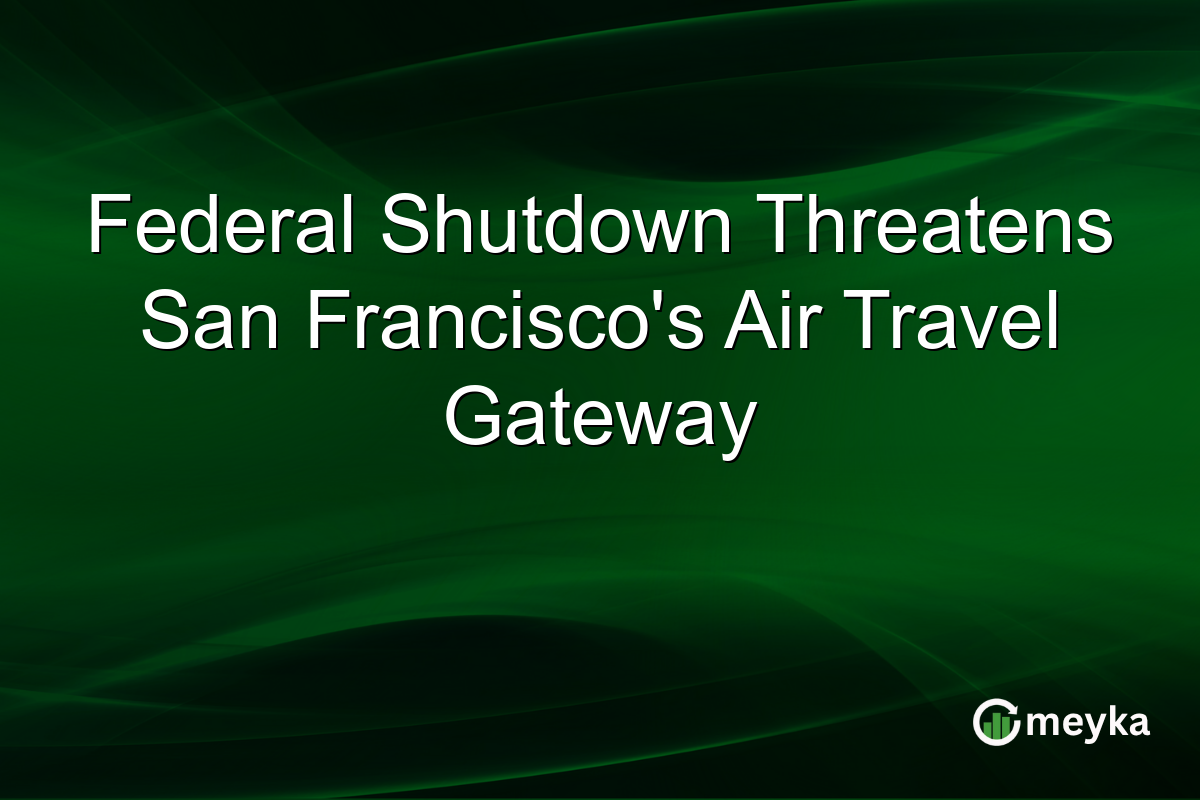Federal Shutdown Threatens San Francisco’s Air Travel Gateway
The ongoing federal shutdown now in its 38th day is wreaking havoc across various sectors, with air travel being one of the hardest hit. San Francisco, a crucial air travel hub, is experiencing significant impacts. As the shutdown continues, aviation experts warn of increasing travel complications and potential economic disruption, raising concerns for both tourism and business travel in the region. This article explores the current challenges and ramifications of the situation.
Continue Reading on Meyka
This article is available in full on our main platform. Get access to complete analysis, stock insights, and more.
Read Full Article →





